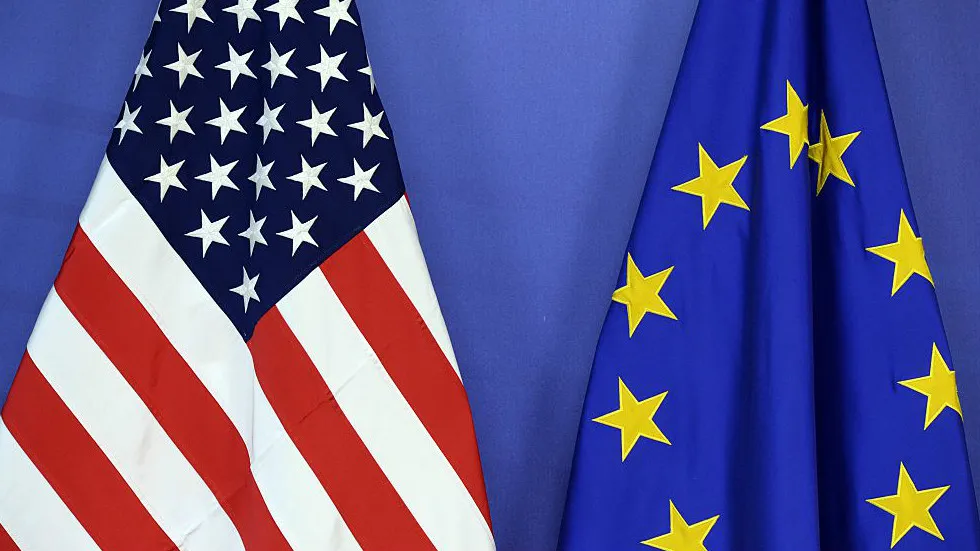
The U.S. Trade Representative (USTR) has asked for public comments on possible future collaboration on trade issues with the European Union under the US-EU Trade and Technology Council (TTC). When that Council held its final ministerial meeting in April (before European Parliament elections in June and the US presidential election in November), the two sides agreed to consult with their respective stakeholders on whether they should continue work under the TTC, and if so, in what areas.
In a Federal Register notice, published on September 5, USTR requested input on potential collaboration in the Global Trade Challenges Working Group, one of the 10 working groups established under the Council. It is chaired by USTR and the European Commission’s Directorate-General for Trade.
The TCC was established in 2021 as a forum for the United States and the EU to coordinate approaches to key global trade, economic, and technology issues and strengthen transatlantic trade and economic relations. As Inside U.S. Trade has reported, the TTC helped improve ties between Washington and Brussels and facilitated efforts such as imposing export controls on Russia following its invasion of Ukraine. However, progress on the most challenging trade issues “remained elusive.”
In soliciting public input, USTR described three broad categories of possible cooperation for the Trade Working Group: (i) enhancing inclusive and sustainable bilateral US-EU trade, including through the use of digital technology, (ii) addressing non-market policies and practices that unfairly undermine the competitiveness of US and EU workers and firms, and (iii) on trade and labor issues. As for the non-market policies and practices of concern, it pointed to targeting of key industries for dominance, creating and maintaining non-market excess capacity, unfair labor practices, forcing or pressuring technology transfer, market-distorting industrial subsidies, discriminatory treatment of foreign companies and their products and services, and anti-competitive and non-market actions of state-owned enterprises. Comments are due by October 21, 2024.
One of the accomplishments of the TTC was its publication of a Joint EU-U.S. Catalogue of Best Practices for Green Public Procurement in April. The green procurement catalogue was developed under the Working Group on Climate and Clean Technology as part of its work program to advance the Transatlantic Initiative on Sustainable Trade. It is anticipated that the compilation of best practices for green procurement will provide a catalyst for advancing work on sustainable procurement in the WTO procurement committee.
The future of the TTC will depend, from the US side, on the outcome of the presidential race. If Vice President Harris is elected, her administration would be more likely to continue the Council, than if former President Trump returns to the White House. For the EU, its interest in future TTC work will depend upon the program established by the new Commission, which is not expected to commence until late in the year.
Jean Heilman Grier
September 6, 2024
Related Posts

